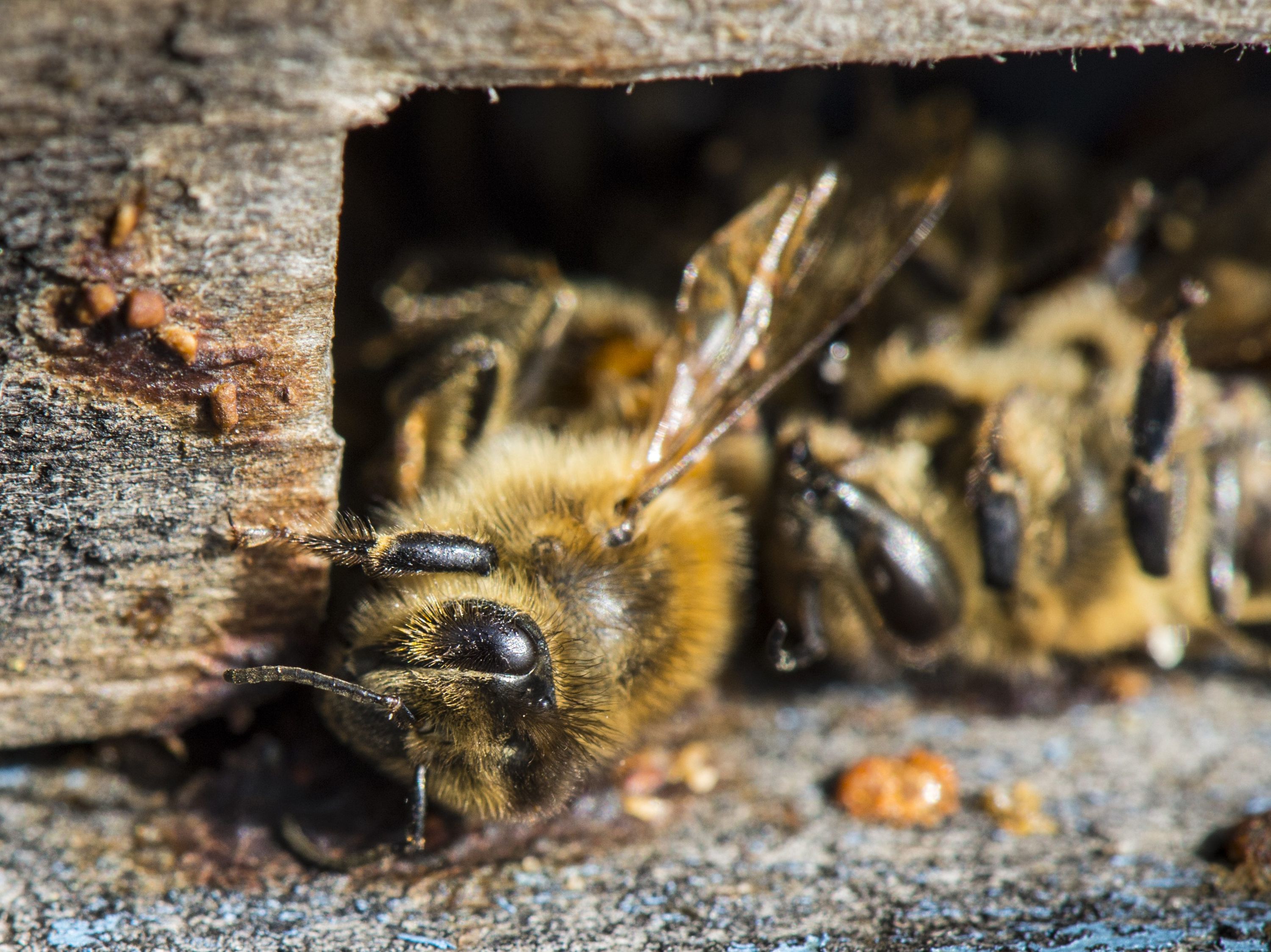U.K. report warns of insect apocalypse
Postmedia News
Published:
November 14, 2019
Updated:
November 14, 2019 3:18 PM EST
(Getty Images file photo)
A U.K. report is calling the decline of the world’s insect population an “unnoticed apocalypse,” which would lead to a “catastrophic collapse of nature’s ecosystem” if action isn’t taken.
“We can’t be sure, but in terms of numbers, we may have lost 50% or more of our insects since 1970,” Dave Goulson, a professor of biology at the University of Sussex, wrote in his report for the Wildlife Trusts.
“It could be much more. We just don’t know, which is scary, because insects are vitally important, as food, pollinators and recyclers amongst other things.”
According to the report, 41% of the world’s insect species are nearing extinction, which would have a ripple effect on the livelihood of predators that feed on insects, such as of birds, bats, reptiles, amphibians, small mammals and fish.
The decline would also have economic ramifications as well as “approximately three-quarters of all crop types grown by humans require pollination by insects, a service estimated to be worth between $235 billion and $577 billion per year worldwide,” the report said.
Story continues below
Looking at the studies on butterfly and bee populations in the U.K., the report cited habitat loss, chronic exposure to mixtures of pesticides and climate change as the main causes of the decline in insect population.
“We urgently need to stop all routine and unnecessary use of pesticides and start to build a nature recovery network by creating more and better connected, insect friendly habitat in our gardens, towns, cities and countryside,” the report said.

http://somersetwildlife.org/sites/default/files/2019-11/FULL AFI REPORT WEB1_1.pdf
http://torontosun.com/news/world/u-k-report-warns-of-insect-apocalypse
Postmedia News
Published:
November 14, 2019
Updated:
November 14, 2019 3:18 PM EST
(Getty Images file photo)
A U.K. report is calling the decline of the world’s insect population an “unnoticed apocalypse,” which would lead to a “catastrophic collapse of nature’s ecosystem” if action isn’t taken.
“We can’t be sure, but in terms of numbers, we may have lost 50% or more of our insects since 1970,” Dave Goulson, a professor of biology at the University of Sussex, wrote in his report for the Wildlife Trusts.
“It could be much more. We just don’t know, which is scary, because insects are vitally important, as food, pollinators and recyclers amongst other things.”
According to the report, 41% of the world’s insect species are nearing extinction, which would have a ripple effect on the livelihood of predators that feed on insects, such as of birds, bats, reptiles, amphibians, small mammals and fish.
The decline would also have economic ramifications as well as “approximately three-quarters of all crop types grown by humans require pollination by insects, a service estimated to be worth between $235 billion and $577 billion per year worldwide,” the report said.
Story continues below
Looking at the studies on butterfly and bee populations in the U.K., the report cited habitat loss, chronic exposure to mixtures of pesticides and climate change as the main causes of the decline in insect population.
“We urgently need to stop all routine and unnecessary use of pesticides and start to build a nature recovery network by creating more and better connected, insect friendly habitat in our gardens, towns, cities and countryside,” the report said.

http://torontosun.com/news/world/u-k-report-warns-of-insect-apocalypse